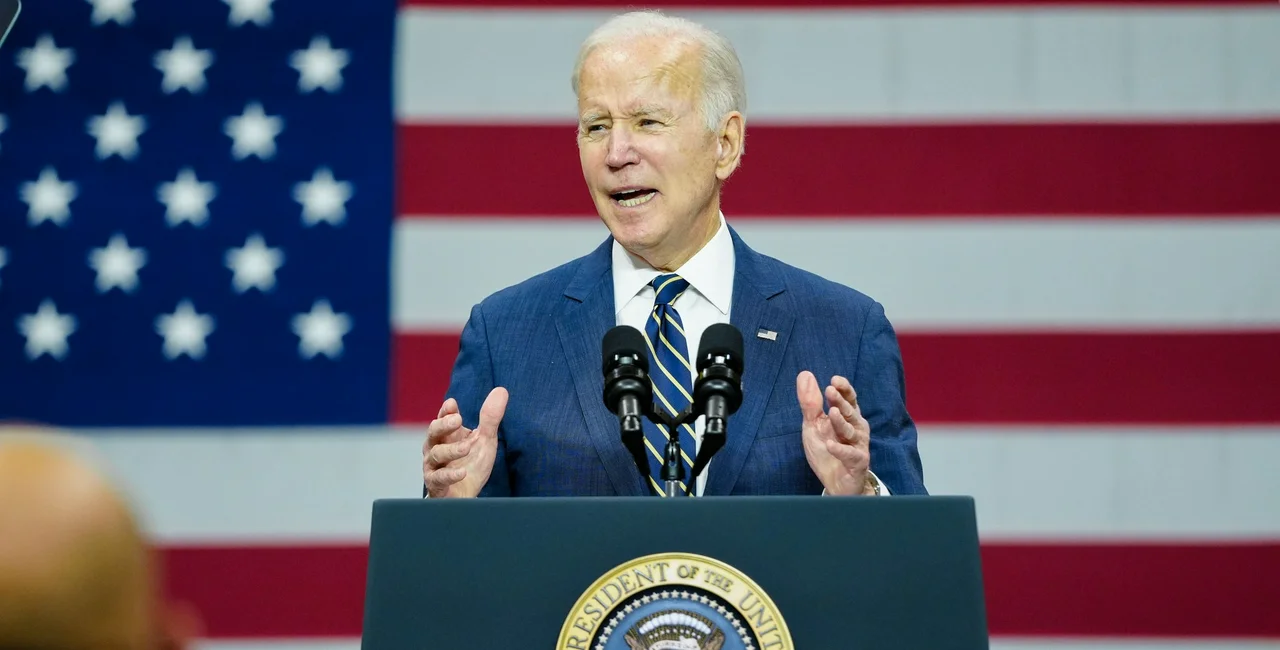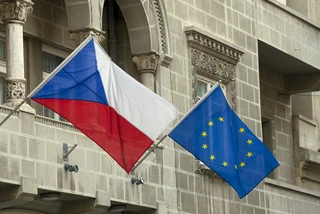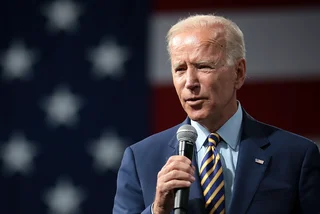The Czech Republic’s forthcoming presidency of the European Council, starting in July this year, is being seen as an opportunity for the country to restore its status as a fully committed member of the European Union.
In an attempt to underline a more positive attitude towards the EU than the previous government led by Andrej Babiš, the new Czech regime is planning to kick off its six-month EU presidency in style. A summit in Prague is being planned, to be attended by leaders of the EU’s 27 member states as well as U.S. President Joe Biden.
Discussions have already taken place with U.S. officials about the summit. Indeed, desire for a visit from Joe Biden to Prague was previously expressed by Babiš as well as Czech President Miloš Zeman.
More recently, new Foreign Minister Jan Lipavský discussed the possibility of a summit with U.S. Secretary of State Antony Blinken in mid-January. At the end of last month, a European Policy advisor to the Czech government visited Washington for more talks.
Biden is already scheduled to visit Europe on June 29-30 for a NATO meeting in Madrid, so the Czech government may plan its summit for a similar time.
It can be assumed that a visit from Biden to the Czech Republic would entail discussions on the biggest issues facing the EU-U.S transatlantic partnership. Europe’s relations with Russia would likely be high on the agenda in light of current tensions at the Russian-Ukrainian border.
“It’s because of what’s happening in Ukraine that it is extremely important that European and Americans pull together,” Alexander Vondra, a Civic Democrat (ODS) MEP and former Czech ambassador to the U.S.A. told Respekt. “It makes sense to actively cultivate this relationship, and a U.S.-European summit would be a step in the right direction.”
The EU’s energy sector would also be a potential topic for discussion, as the U.S. looks to help the bloc pivot away from its current reliance on Russian gas. Steps to combat climate change could be another area for talks, as well as the bolstering of transatlantic trade links.
Presidency of the European Council involves chairing EU Council meetings, setting agendas for discussions, setting a working program, and coordinating the Council's activities with other EU institutions.
The new Czech government has created a new ministerial post, the Minister for European Affairs, to make the most of its presidency this year.
Inviting the U.S. President to Prague this summer would meanwhile be a step towards strengthening Czech-U.S. relations. The Czech government recently complained about the lack of a fully-fledged U.S. ambassador in Prague.
Biden's visit would also have a symbolic significance. It’s 20 years since a NATO summit in Prague saw seven more Eastern European countries, including Slovakia, enter the alliance.
An American-European summit was also held during the Czech Republic’s last EU presidency in 2009, with Barack Obama visiting Prague amid discussions about the global financial crisis. A year later, he returned to the Czech capital to sign a nuclear disarmament accord with then-Russian President Dmitry Medvedev.












 Reading time: 2 minutes
Reading time: 2 minutes 



























